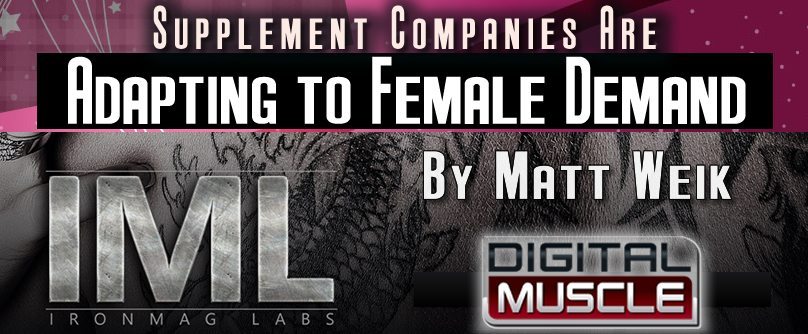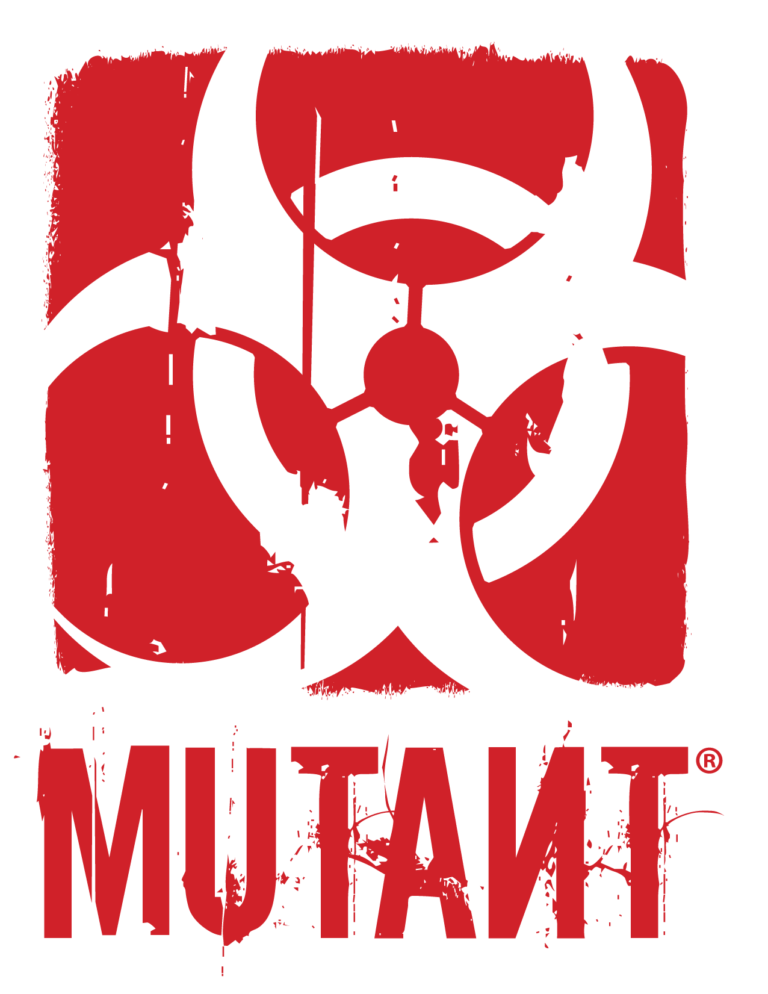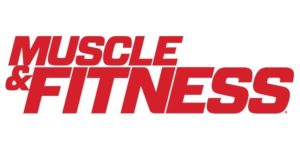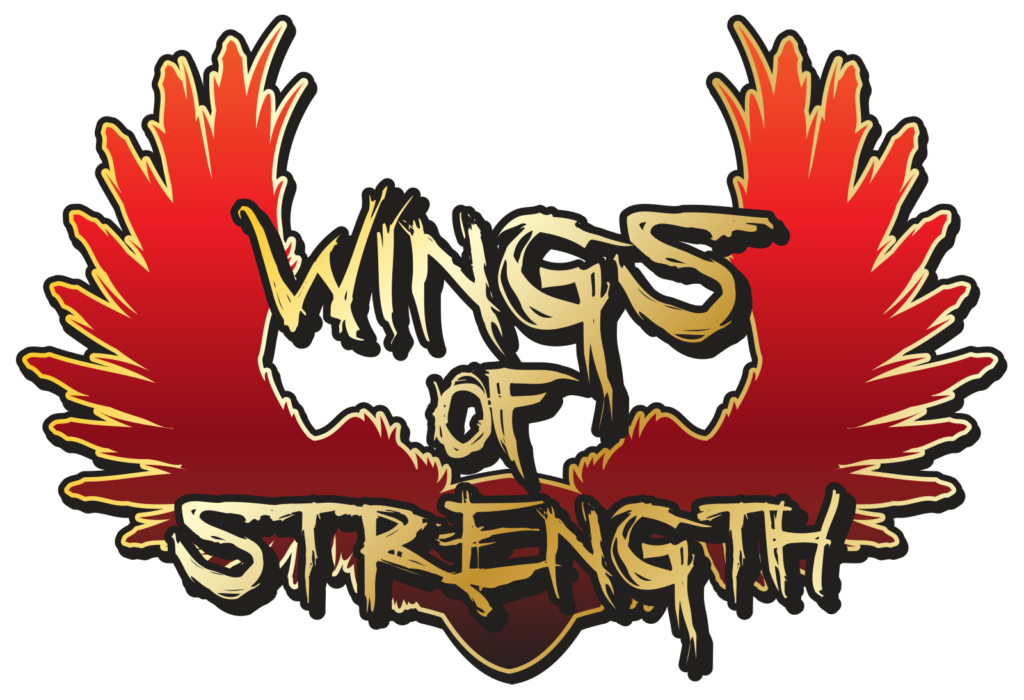By: Matt Weik
In an industry loaded with well-built men, the ladies often get the short end of the stick when it comes to nutritional supplements. In fact, many female athletes avoid supplements all together due to male-minded branding, while others don’t seem to mind if a tub of protein has a skull on the label. There’s definitely been a shift over the years as more females enter the sports nutrition space in search of products and ingredients to fit their specific needs.
This demand is starting to make supplement companies re-visit their strategies since women are now training harder than ever—some of them even way harder than the guys. Don’t believe me? Go watch one of the U.S. Women’s Soccer players train. You’ll start to sweat just watching them! Or better yet, follow one of the top female bodybuilders in the world around in the gym. They throw around weights that would crush most men.
Times are changing where previously the only thing women could compete in was bodybuilding, fitness, and figure events (when we are talking specifically about the fitness world). Now there’s also the newly added Physique and Bikini divisions that are bringing even more life to the women’s side of the sport. This opens the door for more women to enter the competition side of fitness and find a platform that they feel comfortable competing in based on of their physique and individual look.
The sports nutrition category has become more mainstream these days and you see more brands in Sam’s Club, BJ’s, Wal-Mart, Target, grocery stores, convenience stores, and many other locations. The branding and identity that sports nutrition companies show have always been geared more toward the male demographic. However, now that more and more women are entering the industry and getting active, companies are changing their views and are looking to engage more females to their product line. An estimated $16 billion sports nutrition market is poised to see even more growth with the arrival of products designed specifically to fit a female’s needs. Euromonitor is predicting the sports nutrition industry will steadily grow at an average of 9% through 2018.
The University of North Carolina Chapel Hill conducted a study to evaluate female college athletes and their dietary intakes versus sports nutrition standards. Their research discovered that 75% of female athletes failed to even consume the minimum amount of carbohydrates daily to support their training regimen and only 9% actually met their energy needs. They also stated that, “in general, we’re finding that women are under consuming calories, creating an energy deficit. This goes back to the idea that women equate fitness to losing weight by eating less. This is not true. We find females in general to be very fat-phobic.”
Personally, I’ve found this to be true with many of the athletes and non-athletes that I train on a daily basis. The perception of food needs to change so that it’s not thought of as “calories” but rather more as “energy” (especially for athletes). The notion that something is higher in calories doesn’t necessarily mean that it’s bad for you. Fat is a great example. When compared to carbohydrates and protein which has 4 calories per gram, fat comes in at 9 calories for that same gram. So when consuming foods higher in fat such as natural peanut butter, you’ll consume more calories for the same amount of grams per equal weight (let’s just say 40 grams of each) of something like a chicken breast.
So what will supplement companies do in order to meet the criteria that engages the female audience? Inevitably, they are going to need to soften their “look” on their packaging and make it look more inviting. Women are found to gravitate away from brands that exude a “hardcore” feel; skulls, big warnings on the label to create hype, “hardcore” in the description, and the like. Therefore, you’ll see more packaging using colors such as purple and pink to draw in women (which some companies have already been utilizing in the United States). They will also have to work on their formulas to ensure the dosages in each product they bring to market is specific to a female’s individual needs. For instance, it is highly unlikely that a woman will need a pre-workout that contains 400mg of caffeine.
It’s an exciting time to be in the sports nutrition business with many new opportunities to grow a company. The question is, who will control that piece of the market first and gain the most share? Will it be an existing brand or will a totally new brand pop up out of nowhere and swoop up the market? Only time will tell. At this point there are only a handful of brands out there marketing their brand to both genders leaving the door wide open for friendly competition.
What’s great about more players entering the game? It forces all the other companies to up their game or get left behind with outdated product lines. Watch the shelves of your favorite supplement store this year and I’m willing to bet you’re going to find more female friendly product lines filling up some sections. If you want to be one of the big dogs, you need to adapt to the changing times.
Source: http://www.nutraingredients-usa.com/Markets/Protein-bars-are-from-Mars-fat-burners-are-from-Venus-Gender-specific-sports-nutrition
The IML Research Blog here at DigitalMuscle.com is presented by IRONMAG LABS. Be sure to check back often for great info and special opportunities to purchase the latest products from the IML line of hardcore supplements.





